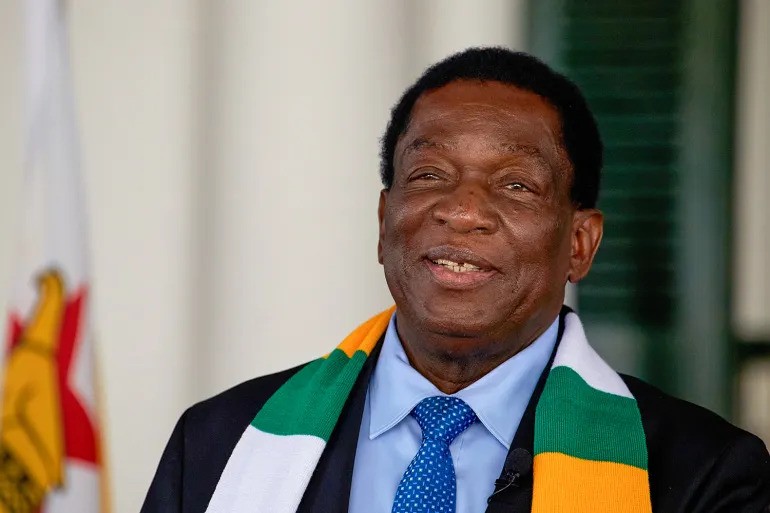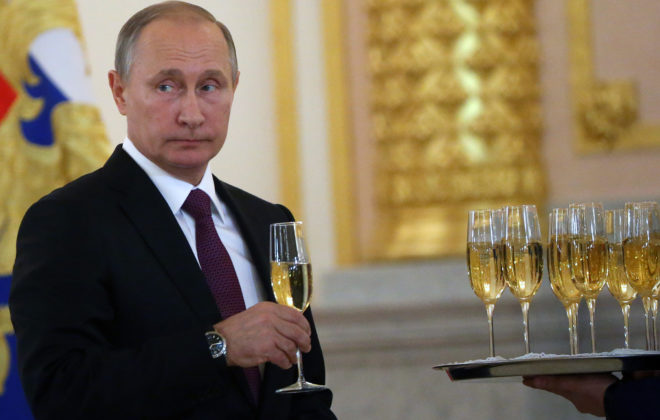HARARE – Zapu veterans are piling the pressure on newly-appointed Vice President Phelekezela Mphoko, claiming that he deserted the late Joshua Nkomo and the party before independence — which effectively means that his shock appointment to the position may be in direct violation of the venerated Unity Accord of 1987.
Zimbabwe People’s Revolutionary Army (Zipra) commanders, including Thomas Ngwenya, who at one time served as Mphoko’s deputy, said yesterday that the vice president was “not one of us”.
According to the Unity Accord of 1987, the second VP should be drawn from Zapu, but with Mphoko’s political credentials now being shredded to pieces by his former comrades who allege that he crossed the floor to Zanu in the 1970s, it remains to be seen how he and President Robert Mugabe will navigate this political hot potato.
Dumiso Dabengwa, Zapu leader and former Zipra intelligence supremo, was the first to throw the cat among pigeons last week when he said Mphoko abandoned Zipra during the liberation war.
Mphoko is also battling to ward off damaging allegations that he served in the Central Intelligence Organisation (CIO) during the early 1980s that witnessed the brutal Matabeleland and Midlands massacres of an estimated 20 000 innocent civilians by the North Korean-trained 5th Brigade.
Although Dabengwa’s stunning revelations angered some government officials — who claimed that the former Home Affairs minister was motivated by jealous — information obtained by the Daily News over the past few days appears to cast some doubt over Mphoko’s curriculum vitae.
In an interview yesterday, Ngwenya — who served as Mphoko’s deputy in the logistics department in Zipra — leapt to the defence of Dabengwa and alleged that the VP had abandoned the Nikita Mangena-led guerrilla outfit during the war of independence.
To that extent, he added, Mphoko had ceased to be a member of Zapu.
Ngwenya, a retired colonel, said when irreconcilable differences cropped up among commanders in Zimbabwe People’s Army (Zipa) — a joint force of Zanu and Zapu military wings — in 1976, Mangena had pulled back the Zipra contingent to Zambia and Mphoko had chosen to remain behind in Mozambique.
“Problems started to emerge in Zipa and Mangena resolved that we had to go back to Zambia.
“But some of us were incarcerated in Tete. We were arrested in Ngala and were taken by train to Chimoio where we met the likes of Jevan Maseko and we then went to Tete where we were imprisoned.
“After the OAU secured our release, that was the last time we saw Mphoko and Dr Mudzingwa. We never saw them again during the liberation struggle. Mphoko disappeared and emerged after independence in the intelligence (CIO).
“I only saw him after independence and he had married a Mozambican wife. Why did he remain behind when we went back to Zambia?
“It is clear that he was with Zanla because he was no longer with Zipra. So it is mind boggling to see that he is VP representing Zapu when he left us in 1976,” Ngwenya said.
“I do not even remember Mphoko taking part in the Wankie (Hwange) campaign. I do not remember seeing him in the Wankie battles where we ended up retreating to Botswana with Chris Hani and got arrested there,” he added.
Ngwenya said after independence, he had worked for the national army and Mphoko was not there.
“When we got our independence, I joined the national army where I was in the integration department working with VP (Emmerson) Mnangagwa and Cephas Cele.
“Mphoko was not there. I only read from the papers that he was with the intelligence and also did his diplomatic mission across the globe,” he said.
Stanley Gagisa, former Zipra deputy chief of operations, corroborated Ngwenya’s narrative.
Using Mphoko’s nom de guerre Report, Gagisa said the new vice president was serving the interests of Zanu PF.
“I know him very well. Report should stop hiding behind a finger. When disagreements emerged in Zipa, we decided to part ways with Zanla and by that time I was in Mgagao.
“Some went to Zambia and others to Botswana and Report remained behind in Mozambique. I never established why he remained behind because we no longer had personnel there.
“So that is what happened and we saw him after independence,” Gagisa said.
Both Ngwenya and Gagisa’s narratives dovetail with Dabengwa’s statements made last week that Mphoko dumped Zapu to join Zanu in 1976.
“In the mid-1970s, when the Zimbabwe People’s Army (Zipa) was set up in Mozambique to bring together Zipra and Zanla forces, the Zapu contingent was led by Alfred (Nikita) Mangena, with Mphoko still in charge of logistics,” Dabengwa said.
“When irreconcilable differences cropped up among commanders in that force, Nikita pulled back the Zipra contingent to Zambia, but Mphoko stayed back and indicated he would follow at a later date.
“That did not happen, much to the anger of Nikita and the rest of the Zipra command. As far as Zipra commanders are concerned, Mphoko joined Zanu when he reneged from joining his contingent when they left Zipa to return to Zambia,” Dabengwa added.
Jonathan Moyo, the Information and Media minister however, tore into Dabengwa accusing the Zapu leader of being jealous.
But the soft-spoken Dabengwa has stuck to his guns, warning Moyo to stop dabbling in matters that he is ignorant of.






